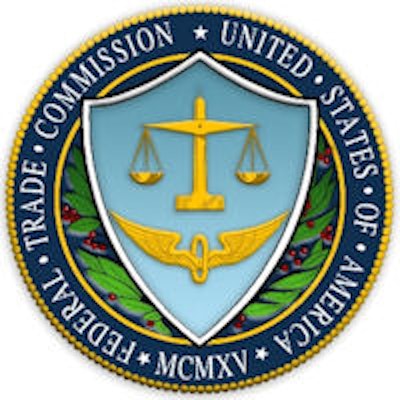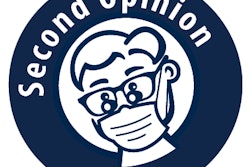
The U.S. Federal Trade Commission (FTC) and Texas business groups are urging the rejection of new rules proposed by the state dental board regarding dental service organizations (DSOs), saying they would restrict dentists' ability to contract with DSOs and could hamper business competition.
While the proposed rule changes do not expressly refer to DSOs, the "rules seem likely to discourage dentists from affiliating with DSOs by mandating that dentists assume responsibility for the types of functions that DSOs typically provide, and by expanding the board's authority to take disciplinary action against dentists who enter into such prohibited agreements," according to an FTC letter by three staff members sent to the Texas State Board of Dental Examiners (TSBDE).
The new rules (22 Tex. Admin. Code § 108.70 and 22 Tex. Admin. Code § 108.74) would impose "new restrictions on the ability of Texas dentists to enter into contracts with 'unlicensed persons' for the provision of nonclinical services, such as administrative support and business functions" and "would make dentists who own, maintain, or operate a dental practice that employs a dentist 'responsible for all administrative and operational' functions," they wrote.
“The rules seem likely to discourage dentists from affiliating with DSOs ... and expanding the board's authority to take disciplinary action against dentists who enter into these prohibited agreements.”
However, the dental board's executive director, Julie C. Hildebrand, said the changes would simply give dentists "guidance on the board's interpretation and enforcement of portions of the Texas Dental Practice Act related to the ownership of a dental practice and a nonlicensee's influence on a dentist's professional judgment," according to an email she sent to DrBicuspid.com.
The Texas Association of Business called the proposed changes "anticompetitive and antifree market," saying they are part of a "turf war" by the board. The group said the new rules would "severely diminish, if not completely eliminate, dentists' ability to contract with DSOs."
"If the TSBDE passes these new rules, it is effectively choosing to shut down a successful free market that has for decades helped dentists operate more efficiently and lower the cost of dental care for Texans," said Bill Hammond, CEO of the Texas Association of Business, in a press release. "This is about protecting the business model of one group of dentists from the more efficient DSO business model used by another group of dentists, without regard for what is best for consumers."
The business group noted that the state Legislature defeated a similar measure in 2013 and contends the board is now attempting an end run.
The changes "would negatively affect more than 1.1 million patients served by DSOs in Texas, with nearly 6,000 dentists and support staff, more than 400 practices across the state, and investments exceeding $160 million," the business association said.
Texas dentists have contracted with members of the Texas Coalition of Dental Support Organizations for more than 30 years to provide nonclinical administrative support services, including facility maintenance, supply procurement, scheduling, accounting, and marketing, the group noted.
The FTC letter concluded by saying that "[r]estrictions on the ability of dentists to contract out business functions provided by DSOs may reduce competition by preventing the emergence and expansion of efficient forms of professional practice that could increase the supply of dental services."
It added that the changes "appear unnecessary to address any concerns about the independent judgment of dental professionals," noting that DSO-affiliated dentists retain full control over the clinical aspects of patient care and that Texas already has laws and regulations that prohibit unlicensed persons from influencing a dentist's professional judgment.
In recent years, DSOs have come under scrutiny from numerous legal and legislative entities. The issue has gained particular notoriety in Texas, where investigations found that dental chains and orthodontists across the state had bilked the Medicaid system out of tens of millions of dollars. As a result, state lawmakers began a major crackdown on dental Medicaid fraud and formed a task force to help deal with the problem.



















